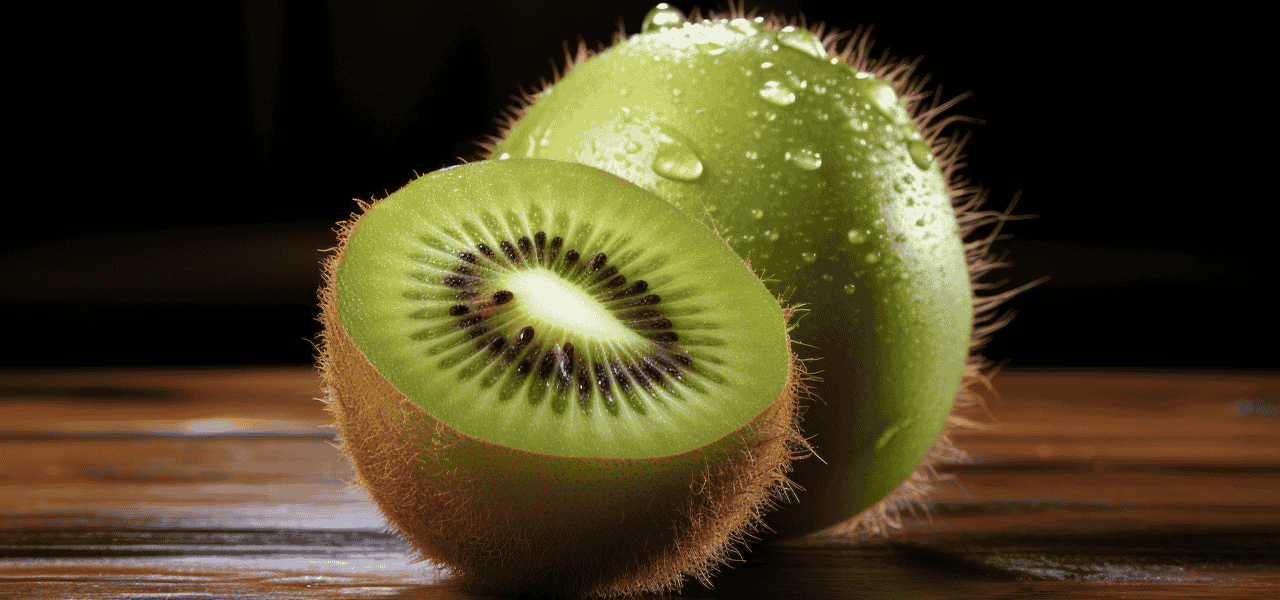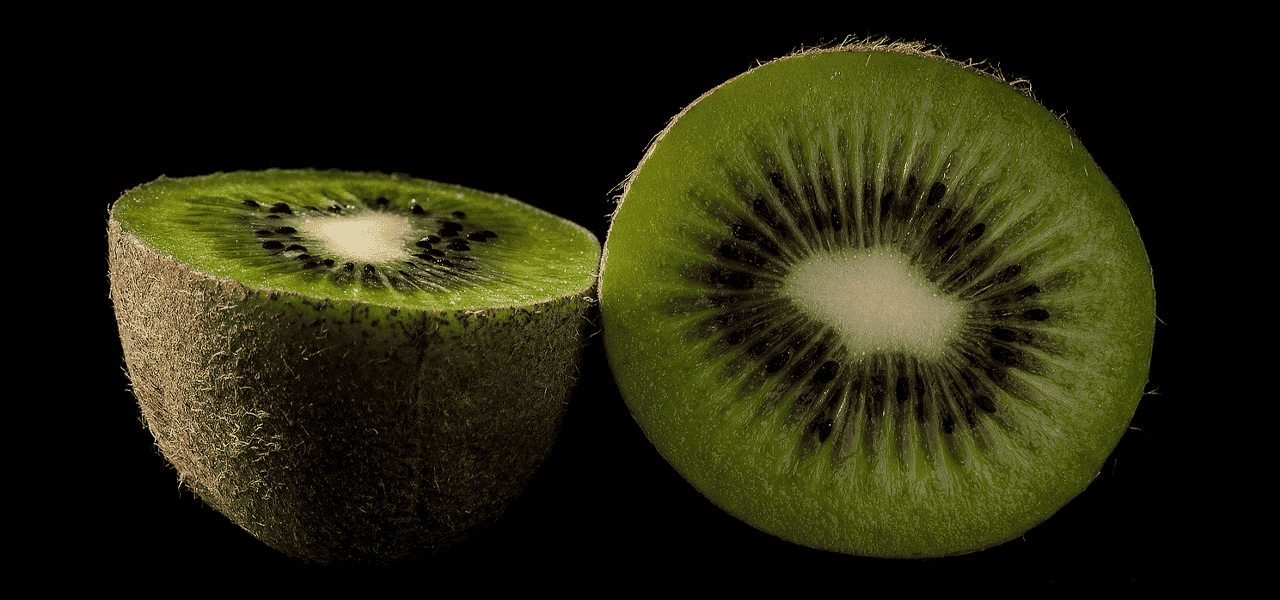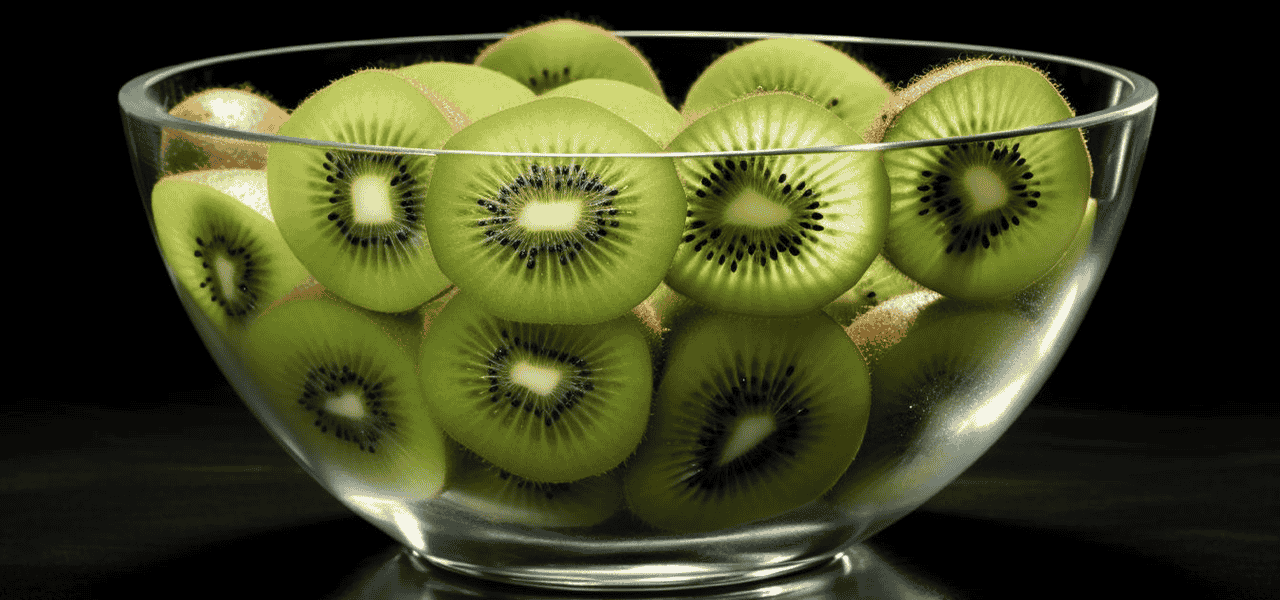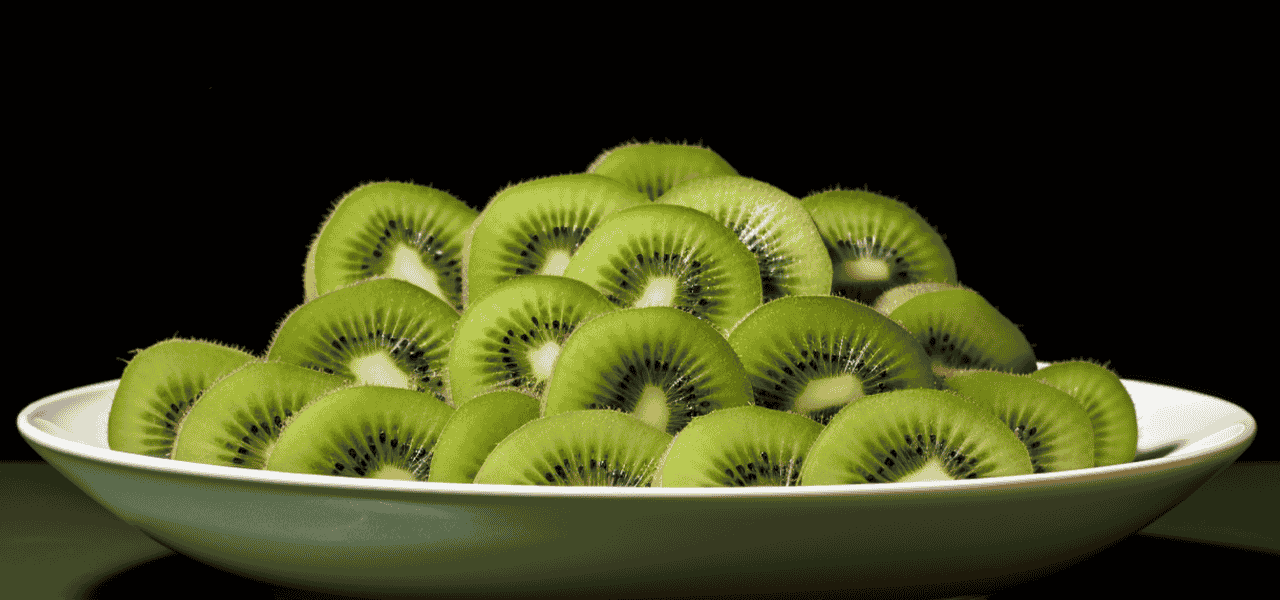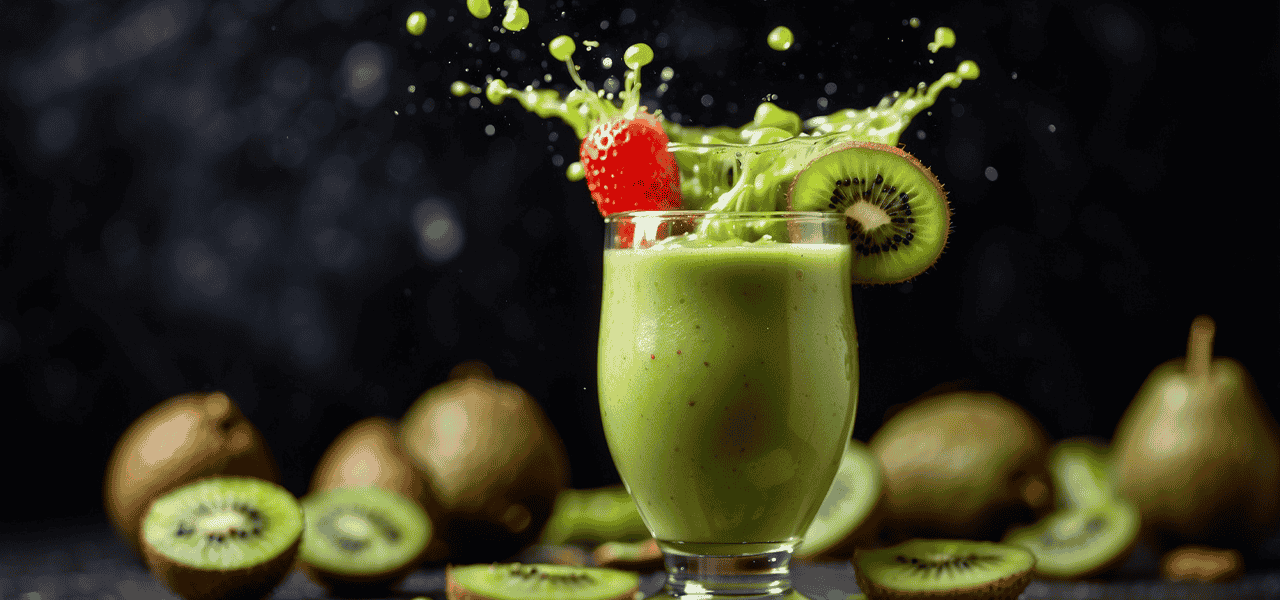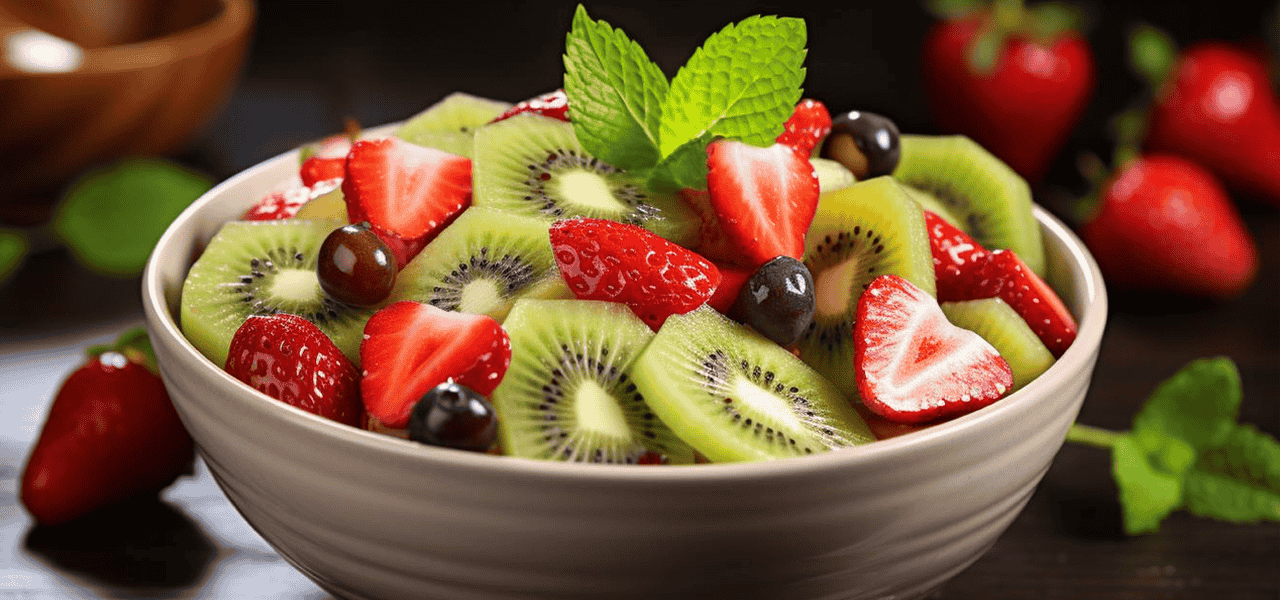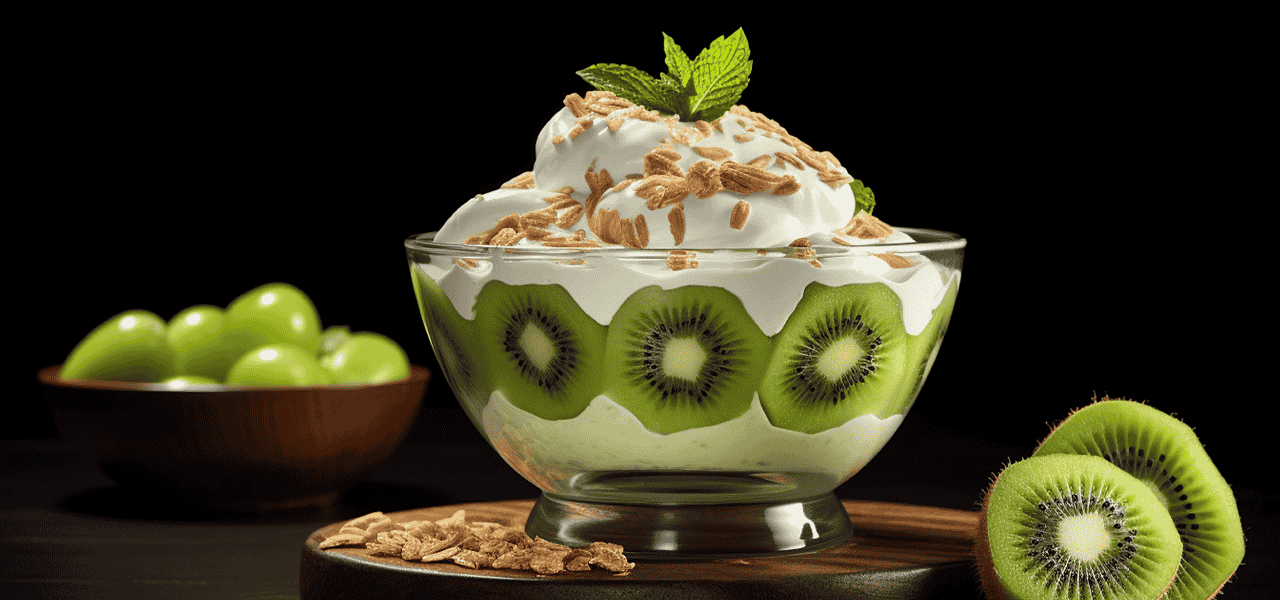Introduction
Kiwi, often referred to as the “Chinese gooseberry,” is a small, green-fleshed fruit known for its vibrant color, unique taste, and a remarkable nutritional profile. Despite its small size, kiwi is packed with vitamins, minerals, and antioxidants that provide an array of health benefits. Originally cultivated in China and later introduced to New Zealand, where it got its popular name, kiwi is now enjoyed worldwide. In this blog, we’ll dive into the health benefits of kiwi and why it should be a staple in your diet.
- High in Vitamin C: A Powerful Immune Booster
Kiwi is an excellent source of vitamin C, a powerful antioxidant essential for a healthy immune system. In fact, just one kiwi can provide over 100% of the recommended daily intake of vitamin C. This vitamin helps protect the body against oxidative stress and supports the immune system’s ability to fight infections, especially during flu seasons.
Vitamin C also contributes to skin health by stimulating collagen production, which helps maintain skin elasticity and reduces the appearance of wrinkles. For those looking to improve their skin’s radiance, kiwi is an effective, natural option.
- Aids in Digestion
Kiwi contains a unique enzyme called actinidin, which helps break down protein and improves digestion. Actinidin assists the stomach in digesting protein-rich foods, which can lead to better nutrient absorption. This enzyme, along with the fiber content in kiwi, supports regular bowel movements and prevents constipation.
The fiber in kiwi is both soluble and insoluble, making it excellent for digestive health. Soluble fiber attracts water, helping soften stool, while insoluble fiber adds bulk, which promotes regularity.
- Rich in Antioxidants
Besides vitamin C, kiwi is rich in other antioxidants like polyphenols, carotenoids, and flavonoids. These compounds help combat free radicals, which can damage cells and lead to chronic diseases such as heart disease and cancer.
The high antioxidant content in kiwi helps to reduce inflammation in the body, lowering the risk of developing chronic inflammatory conditions. Regularly including antioxidant-rich fruits like kiwi in your diet can support cellular health and prevent premature aging.
- Supports Heart Health
Kiwi is known for its heart-healthy properties, mainly due to its ability to lower blood pressure. Potassium, an essential mineral present in kiwi, helps relax blood vessels, reducing strain on the cardiovascular system. Consuming potassium-rich foods like kiwi can help counteract the effects of sodium in the body, which is beneficial for maintaining healthy blood pressure levels.
Kiwi also has blood-thinning properties, reducing the risk of blood clots and promoting healthier blood flow. Eating one to two kiwis a day has been shown to decrease triglyceride levels, which is beneficial for heart health.
- Aids in Weight Management
For those trying to manage their weight, kiwi is a fantastic choice. It is low in calories and high in water content, which can make you feel fuller for longer without adding too many calories to your diet. The fiber content in kiwi also aids in weight management by improving satiety and reducing the likelihood of overeating.
Additionally, the natural sugars in kiwi provide a healthy alternative to processed snacks and sweets, offering a quick energy boost without the added sugars that can lead to weight gain.
- Promotes Better Sleep
Struggling with sleep issues? Kiwi might be able to help. Studies have shown that eating kiwi before bedtime can improve sleep quality and duration. This is believed to be due to its high antioxidant levels and the presence of serotonin, a neurotransmitter that plays a crucial role in sleep regulation.
Including two kiwis in your evening routine may improve the onset and quality of sleep, especially for those suffering from sleep disturbances or insomnia.
- Good for Skin Health
Kiwi’s high vitamin C content, combined with other antioxidants, is a boon for skin health. Antioxidants neutralize free radicals, which can cause skin damage and aging. Vitamin C is also essential for collagen synthesis, a protein responsible for skin firmness and elasticity.
Moreover, the vitamin E in kiwi helps protect the skin from UV damage and reduces the appearance of wrinkles. Consuming kiwi regularly can give you a natural, radiant glow and may also help reduce acne and blemishes over time.
- Improves Eye Health
Kiwi is a source of lutein and zeaxanthin, two powerful antioxidants known to protect eye health. These antioxidants reduce the risk of age-related macular degeneration (AMD), a common cause of vision loss in older adults.
Additionally, the vitamin A in kiwi is essential for good vision. Regular consumption of kiwi can help keep your eyes healthy and may slow the progression of age-related eye issues.
- Helps Control Blood Sugar Levels
Despite its sweet taste, kiwi has a low glycemic index, meaning it doesn’t cause a rapid spike in blood sugar levels. This makes kiwi a great fruit for people with diabetes or anyone looking to control their blood sugar. The fiber content in kiwi also slows down sugar absorption, which helps maintain steady blood glucose levels.
Incorporating kiwi into a balanced diet can help with blood sugar management and support overall metabolic health, making it a safe and beneficial fruit for diabetics.
- Supports Bone Health
Kiwi contains essential minerals like calcium, magnesium, and potassium that play a role in bone health. Calcium and magnesium are known for their contributions to bone density and strength, while potassium helps prevent calcium loss through urine, preserving bone mass.
Including kiwi in your diet, especially for older adults or individuals at risk of osteoporosis, can support stronger, healthier bones.
How to Enjoy Kiwi in Your Diet
With its sweet and slightly tangy taste, kiwi is incredibly versatile and can be enjoyed in various ways. Here are a few ideas:
As a Snack:
Simply slice a kiwi in half and scoop out the flesh with a spoon for a quick, refreshing snack.
In Smoothies:
Add kiwi to your smoothies for an extra boost of vitamins and a unique flavor.
In Salads:
Kiwi pairs well with leafy greens, strawberries, and nuts in salads, adding a burst of flavor and nutrition.
As a Topping:
Add sliced kiwi to yogurt, oatmeal, or granola for a nutrient-packed breakfast.
Conclusion
Incorporating kiwi into your diet can have a transformative impact on your health, from boosting immunity and aiding digestion to enhancing skin and eye health. Its unique combination of vitamins, minerals, and antioxidants makes it a true superfruit. Whether you’re aiming to improve heart health, support your immune system, or enjoy radiant skin, kiwi is a versatile and delicious addition to any balanced diet.


